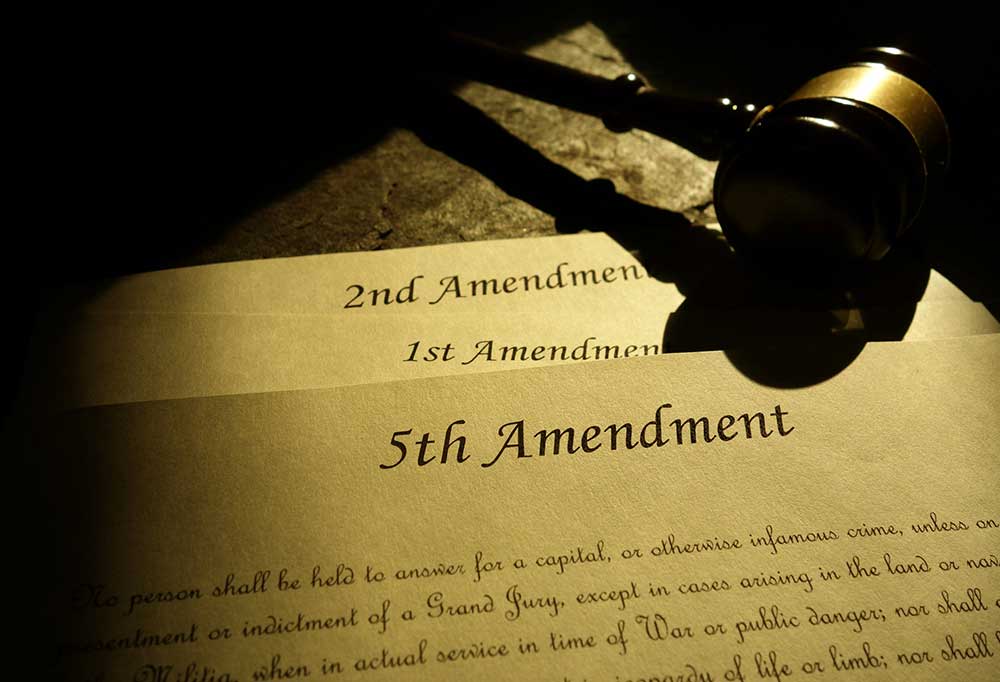Evaluation of the Pathways to Civil Rights Restoration in Tennessee
Current Legislative Framework for Civil Rights Restoration
In Tennessee, the process of restoring civil rights for individuals with felony convictions is guided by a combination of state laws and administrative procedures. The key rights that can be restored include the right to vote, serve on a jury, and hold public office. However, the pathway to restoration is not straightforward and is influenced by both supportive and restrictive legislative efforts.
Steps for Civil Rights Restoration
For eligible individuals, the process generally involves the following steps:
- Completion of Sentence: The individual must have completed their sentence, including any period of incarceration, parole, or probation.
- Payment of Fines and Restitution: All court-ordered fines, restitution, and court costs must be paid in full. This financial requirement can be a significant barrier for many individuals seeking restoration.
- Application Process: Eligible individuals must complete a “Certificate of Restoration of Voting Rights” (Form R-84). This form needs to be signed by the supervising authority, such as a probation or parole officer, and must then be submitted to the local election commission.
- Eligibility Determination: The election commission reviews the application to determine whether the individual meets all eligibility requirements, including verifying that the conviction does not fall under any of the disqualifying categories (e.g., first-degree murder, aggravated rape, treason, or voter fraud).
Challenges and Legislative Efforts Against Restoration
Despite the availability of a legal pathway to civil rights restoration, several challenges persist, exacerbated by ongoing legislative efforts that could further restrict access to these rights:
- Complex and Burdensome Process: The application process for civil rights restoration can be complex and burdensome, especially for those unfamiliar with legal procedures. The requirement to pay all fines and restitution before applying is a significant hurdle, particularly for individuals with limited financial resources.
- Disqualifying Offenses: Tennessee law permanently disqualifies individuals with certain felony convictions, such as those involving violent crimes or voter fraud, from restoring their civil rights. This has been a point of contention, as some argue that these permanent disqualifications undermine the rehabilitative goals of the criminal justice system.
- Recent Legislative Efforts: Recent legislative efforts in Tennessee have aimed at tightening restrictions on civil rights restoration. For example:
- Voter Suppression Concerns: Some lawmakers have proposed legislation that would make it even more difficult for individuals with felony convictions to regain their voting rights. These efforts are often framed within broader debates over voter integrity and public safety but have raised concerns about disproportionately affecting marginalized communities.
- Increased Financial Barriers: There have been proposals to increase the financial barriers to civil rights restoration, such as by adding additional fees or making it more difficult to obtain a waiver for unpaid fines. These measures could further limit the number of individuals eligible for restoration.
- Advocacy and Opposition: Civil rights organizations and criminal justice reform advocates have been actively opposing these restrictive measures, arguing that they exacerbate existing inequalities and hinder successful reintegration into society. They advocate for streamlined processes, reduced financial barriers, and broader eligibility criteria.
Clear Pathways Amid Challenges
Despite these challenges, there are still clear pathways for those seeking civil rights restoration:
- Legal Assistance: Legal aid organizations and criminal defense attorneys can provide invaluable assistance in navigating the restoration process. They can help individuals understand their eligibility, complete the necessary paperwork, and advocate on their behalf during the application process.
- Advocacy for Reform: Ongoing advocacy efforts aim to make the restoration process more accessible. Proposed reforms include eliminating the financial barriers to restoration, simplifying the application process, and expanding eligibility to include more individuals.
- Community Support: Community organizations often play a crucial role in helping individuals navigate the restoration process. These groups may offer workshops, informational sessions, and direct support to those seeking to restore their civil rights.
Conclusion
In Tennessee, the pathway to civil rights restoration for individuals with felony convictions is marked by both opportunities and significant challenges. While there are clear legal routes available for those who qualify, recent legislative efforts have introduced additional barriers that complicate the process. To successfully navigate these pathways, individuals may need to seek legal assistance, leverage community resources, and stay informed about ongoing legislative changes. Advocacy efforts continue to push for more accessible and equitable processes, aiming to ensure that more individuals can reclaim their civil rights and fully reintegrate into society.
Trust Knox Defense with Your Defense
If you or someone you know is seeking to restore civil rights in Tennessee, it’s crucial to understand the process and potential challenges. At Knox Defense, our experienced attorneys are here to help you navigate these legal complexities and work towards a successful outcome. Contact us today at (865) 524-8106 for a confidential consultation.
Posted in Criminal Defense, Outcomes, Rights Restoration

FREE CONFIDENTIAL CONSULTATION

